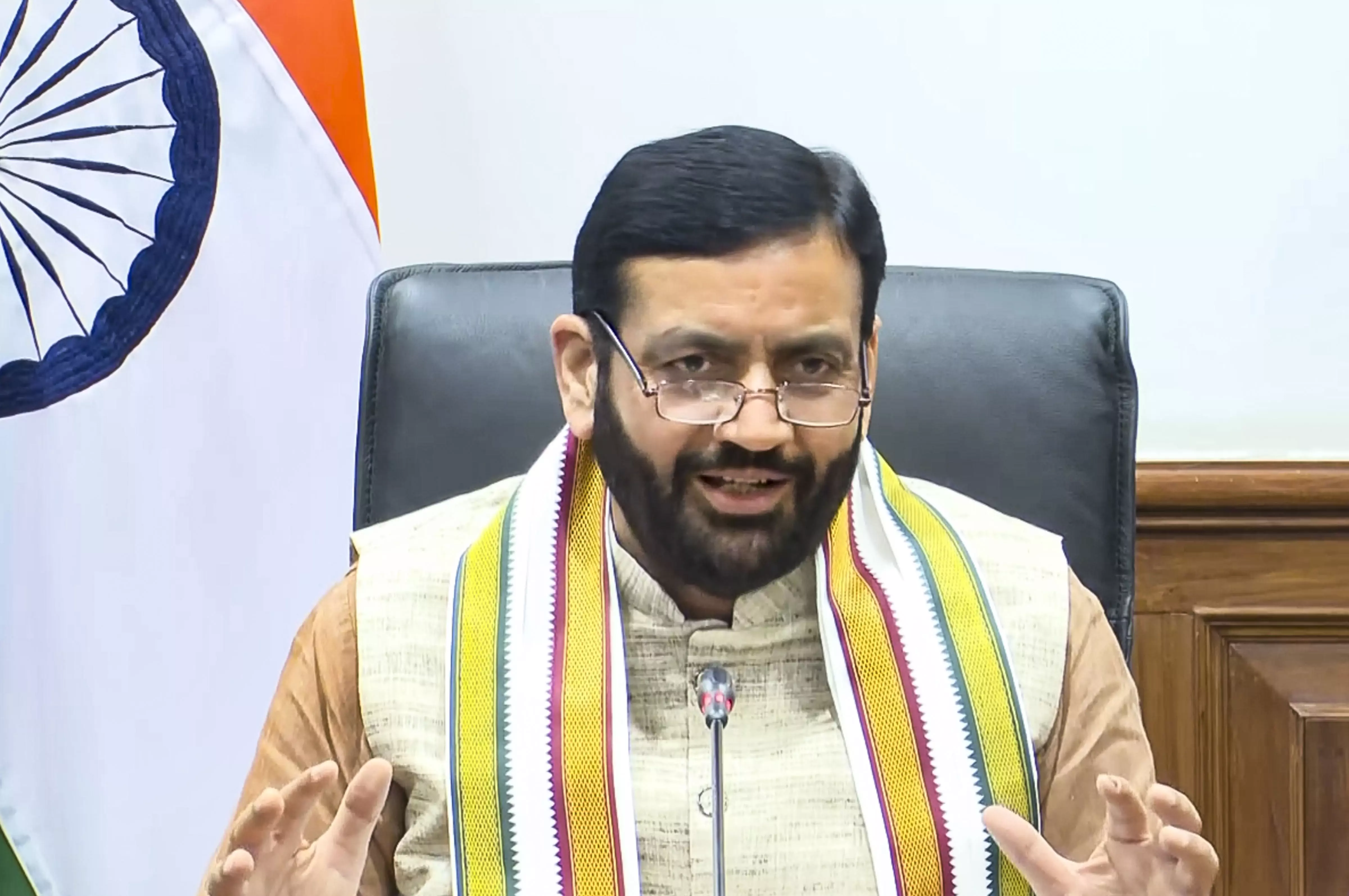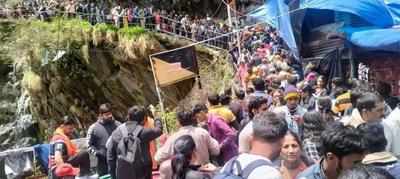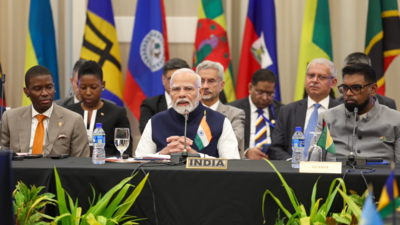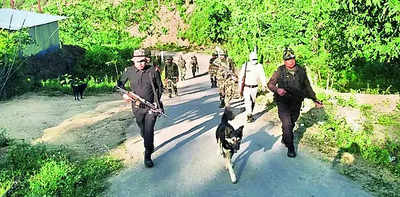The installation of popular governments in Jammu and Kashmir and Haryana marked the end of an electoral process that nonetheless holds immense significance for the future politics of the country. Jammu and Kashmir, a Union territory and an erstwhile state of the Indian Union, got a popular government after six years. The state passed through a metamorphosis during this period, having been bifurcated and lost a division, Ladakh, after being stripped of its statehood.
Most importantly, Article 370 of the Constitution, which accorded a special status to it and linked it to the Indian Union, was abrogated. The Constitution mandates that a state have a popular government within six months of the dissolution of its Assembly but Jammu and Kashmir was destined to live under Central rule for a much longer time. Election to its Assembly, however, was held under the prodding of the Supreme Court which, while upholding the abrogation of Article 370, did direct the Election Commission of India to hold it before September 30 this year.
The Election Commission has almost met that deadline. The record turnout at the polling booths can very well be interpreted as the people’s trust in the democratic process and their desire for a government that has their mandate. Chief minister Omar Abdullah of the Jammu and Kashmir National Conference has sounded very practical when he outlined his vision for the future of the Union territory and his government’s relationship with the Union government.
.

















